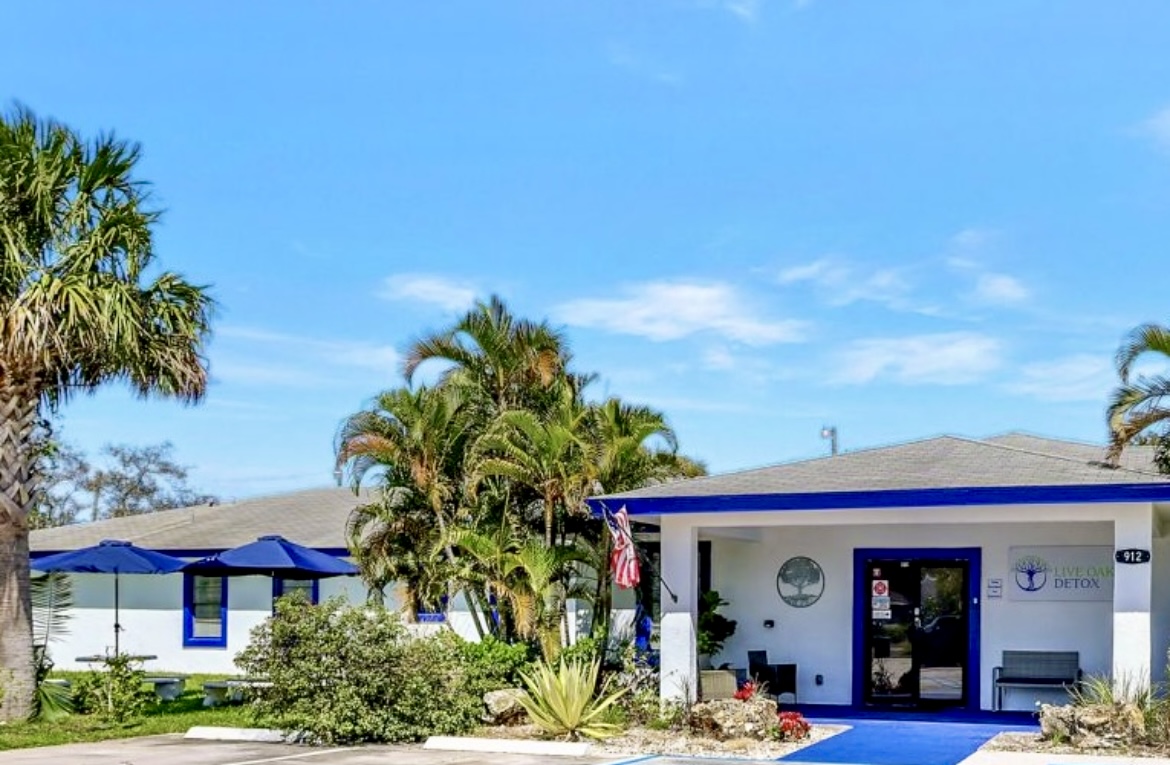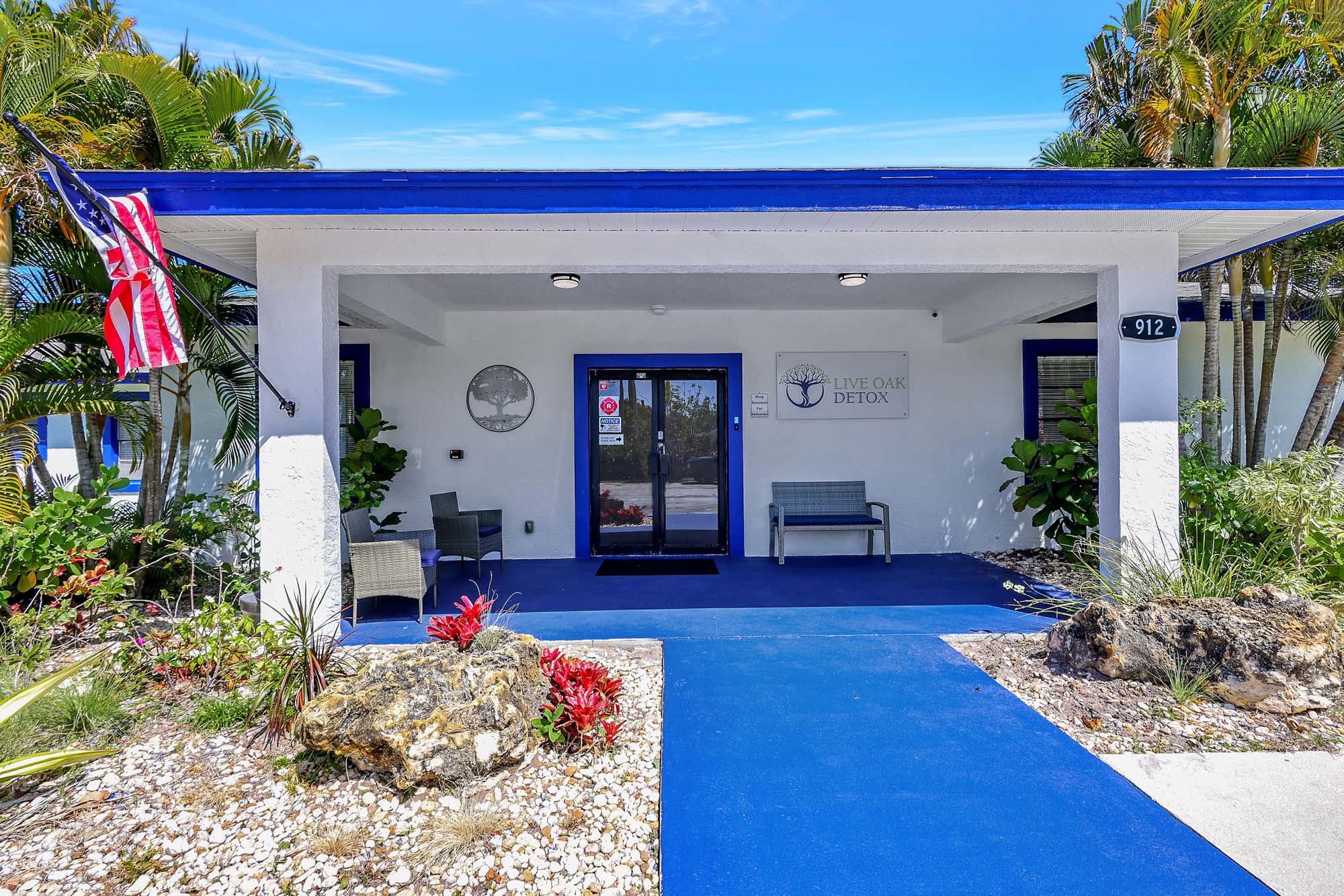Fentanyl Treatment
Comprehensive Fentanyl Addiction Treatment
What is Fentanyl?
Fentanyl is a powerful synthetic opioid analgesic (painkiller) medication that is highly potent and addictive. It is commonly used for the management of severe pain, particularly in cases such as post-surgical pain or cancer-related pain. Fentanyl is estimated to be about 50 to 100 times more potent than morphine and other commonly used opioids.
The Dangers of Illicit Fentanyl
While fentanyl can be safe and effective when used as prescribed and under medical supervision, it is also frequently manufactured illicitly and sold on the black market. Illicitly produced fentanyl can be mixed or substituted with other drugs such as heroin, cocaine, or counterfeit prescription pills. This can lead to unpredictable and potentially fatal consequences, as the potency of illicit fentanyl can vary greatly, resulting in overdoses.
Fentanyl’s Impact on Public Health
Due to its potency and the potential for misuse, fentanyl has become a significant public health concern, contributing to a rise in opioid-related overdoses and deaths worldwide. It is crucial to use fentanyl only as prescribed and to be aware of the risks associated with its non-medical use or exposure to illicitly manufactured fentanyl.
How Fentanyl Affects the Brain
Fentanyl works by binding to opioid receptors in the brain and spinal cord, reducing the perception of pain. It produces a rapid and intense euphoria, making it attractive for non-medical use and increasing the risk of addiction.
If you or someone you know is in need of help, please call us today for a free assessment and begin the enrollment process at our substance use treatment center by calling (877) 716-4464.
Fentanyl’s Effects and Dangers
Effects:
Pain Relief
Euphoria and Relaxation
Respiratory Depression
Nausea and Constipation
Dangers:
Overdose
Addiction and Dependence
Tolerance
Withdrawal
Illicit Substances
Benefits of Fentanyl Addiction Treatment
If you or someone you know is struggling with fentanyl misuse or addiction, call Live Oak Detox today, seeking addiction specialists is essential. We can provide guidance, support, and appropriate treatment options for your recovery.
We also provide medical care for mental health issues co-occurring with fentanyl addiction. We understand that addiction is a disease and want to ensure you have access to the resources you need for lasting recovery.
Our Fentanyl Addiction Treatment
Detoxification
The first step in treating fentanyl addiction is detoxification. This process allows the body to safely eliminate the drug under medical supervision while managing withdrawal symptoms and addressing immediate health concerns.
Medication-Assisted Treatment (MAT)
At Live Oak Detox, we use medications to help reduce cravings, alleviate withdrawal symptoms, and stabilize brain function. Combining medical support with behavioral health therapies enhances treatment outcomes and supports long-term recovery.
Counseling and Behavioral Therapy
Various counseling approaches and behavioral therapies are effective in treating fentanyl addiction. These therapies help individuals understand and change addictive behaviors, develop coping mechanisms, and address underlying issues contributing to addiction. Commonly used therapies include:
Comprehensive Fentanyl Addiction Treatment
At Live Oak Detox, we can help you determine the most appropriate treatment approach based on individual needs and circumstances. We can provide guidance, create tailored treatment plans, and support you or your loved ones recovery journey. Call us today to ask questions or to begin the admissions process at (877) 716-4464
Alcohol Detox and Rehab Program
Drug Detox & Rehab Program
Admissions Process
Our Facility in South Florida
Our Location
Live Oak Detox
South Florida
Live Oak Detox is an inpatient substance abuse Detox and residential rehabilitation center
We provide state of the art medical and clinical interventions to bring you the best possible care available today. Call us to find out more.







